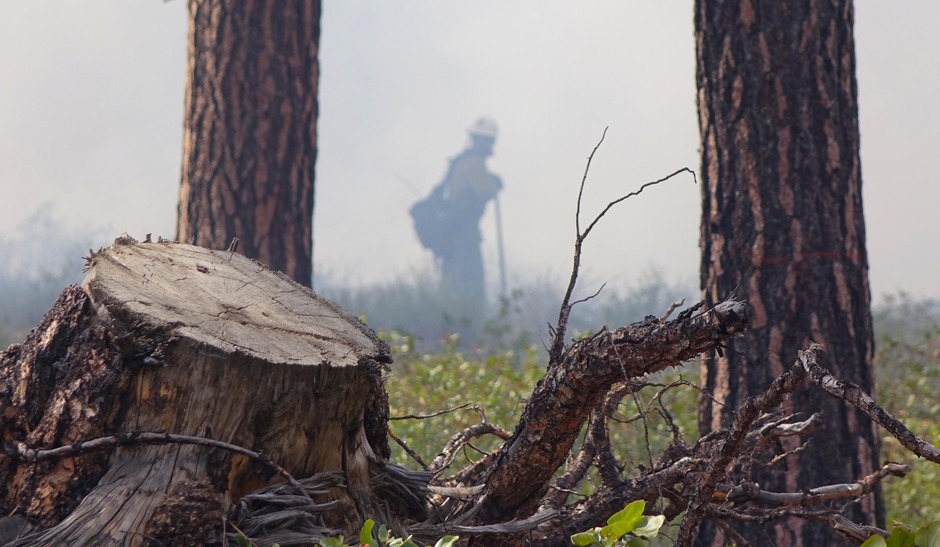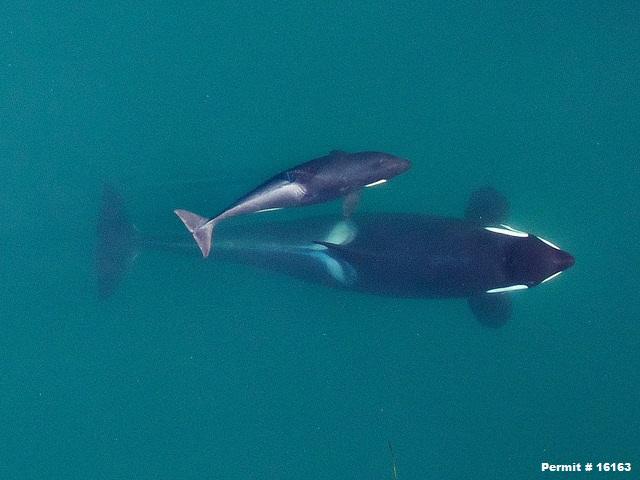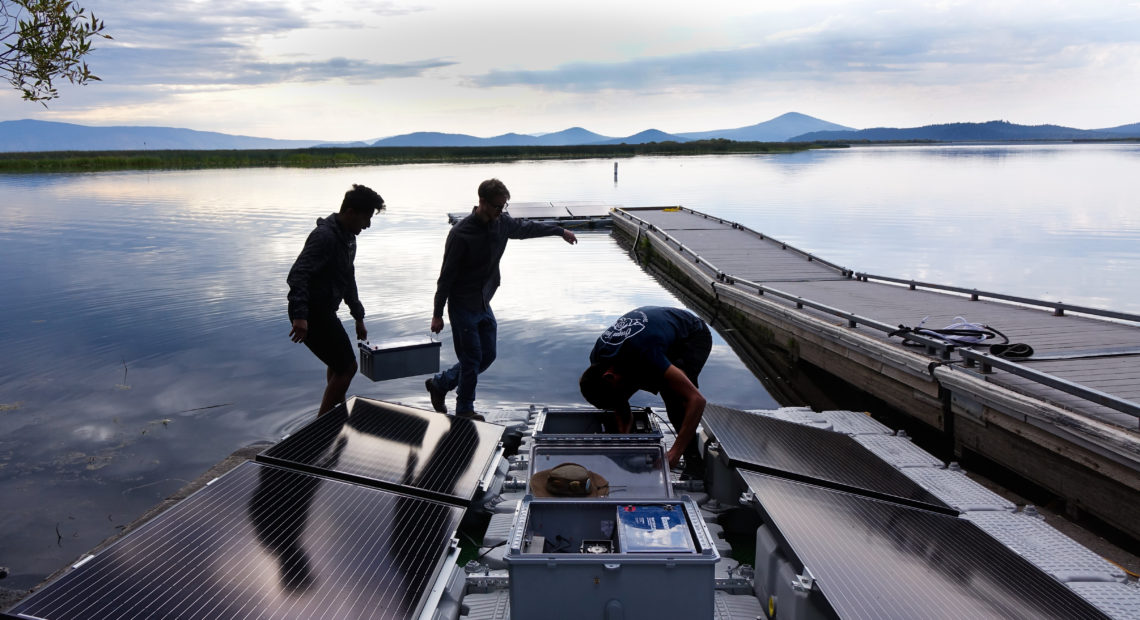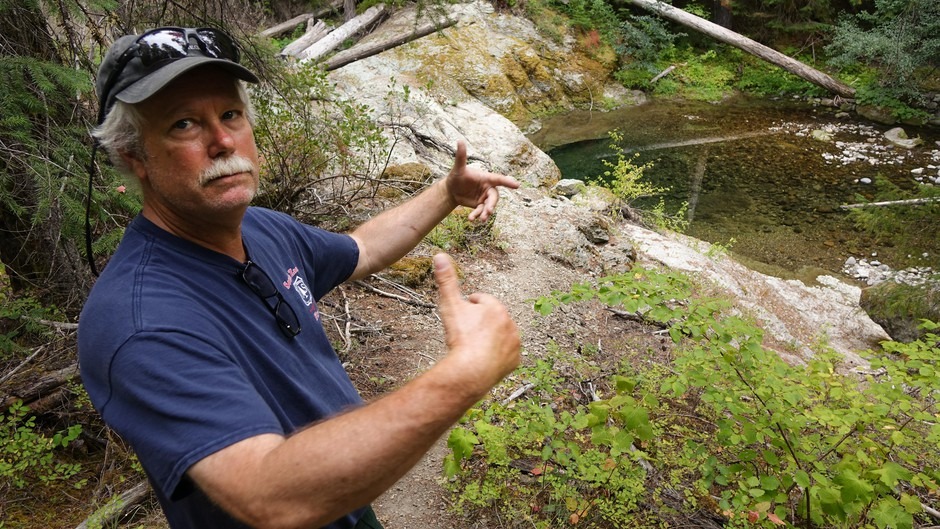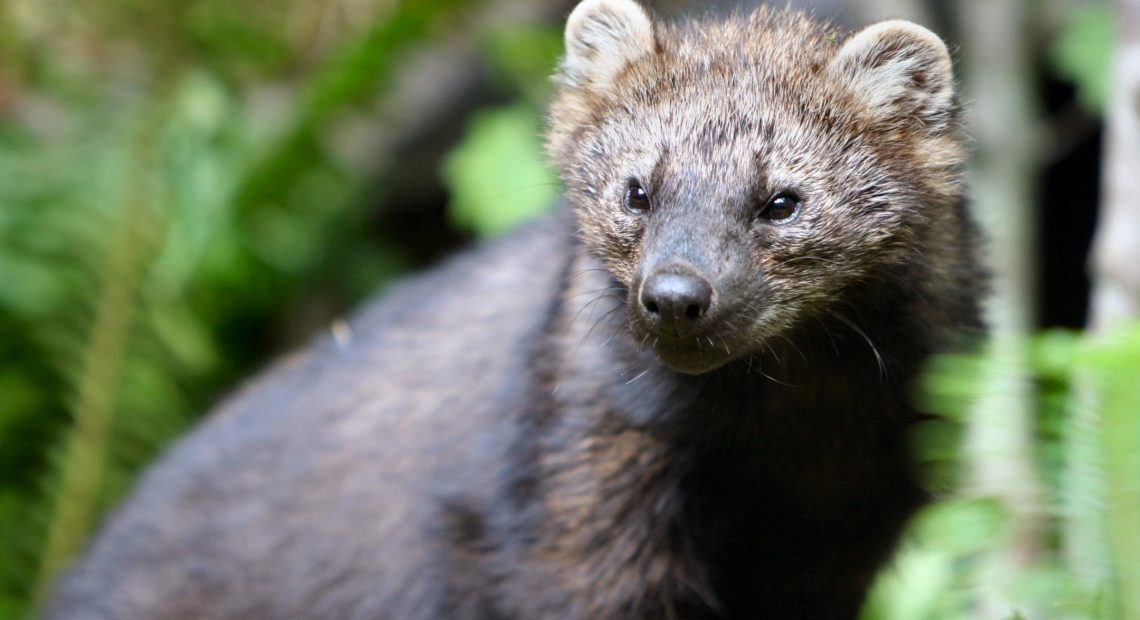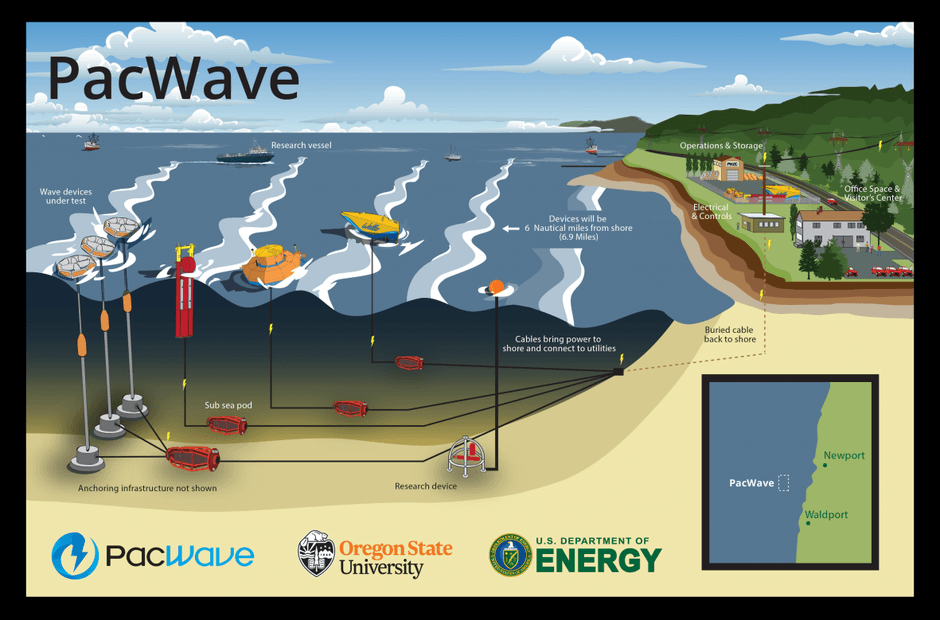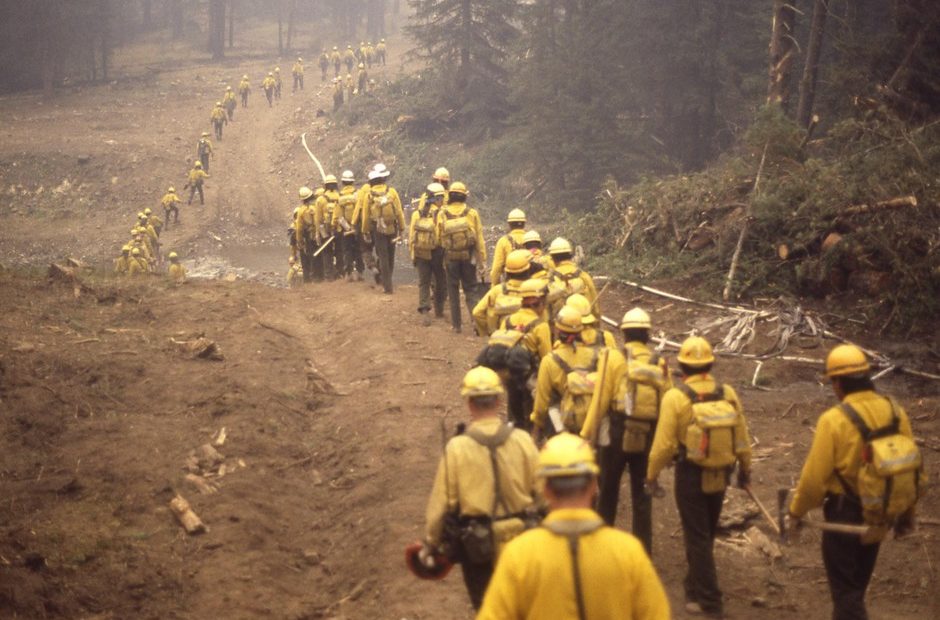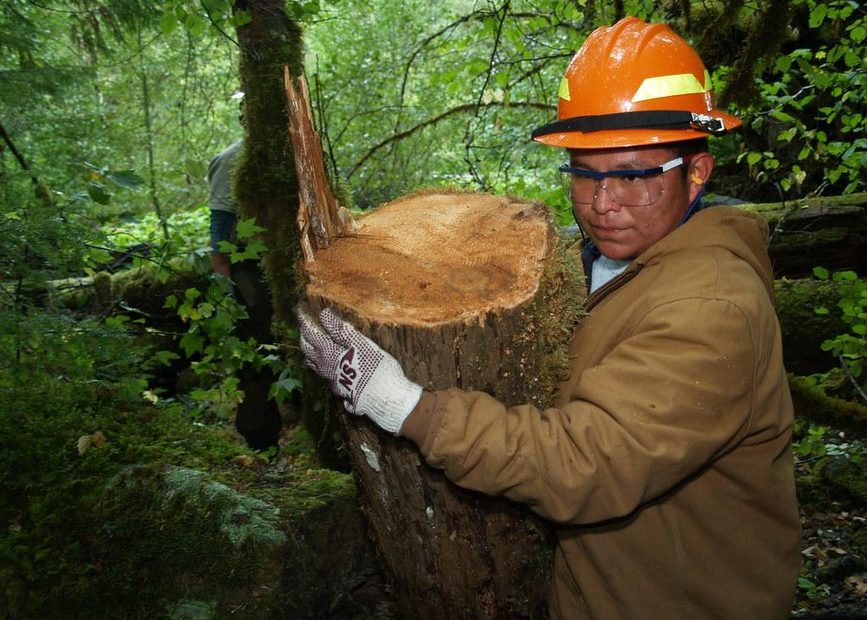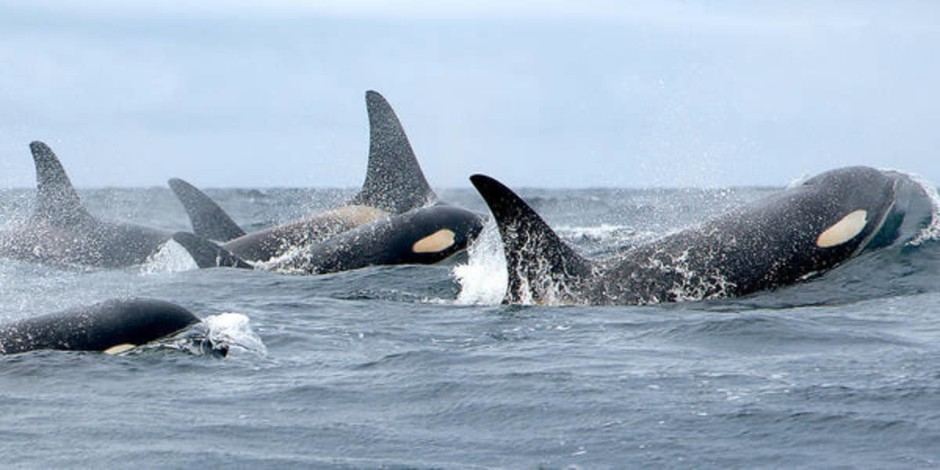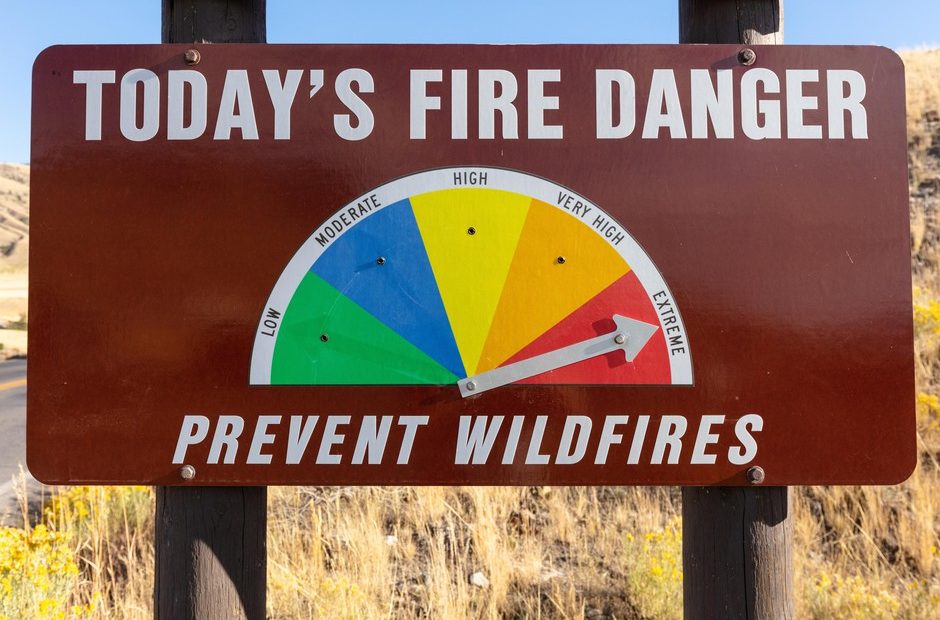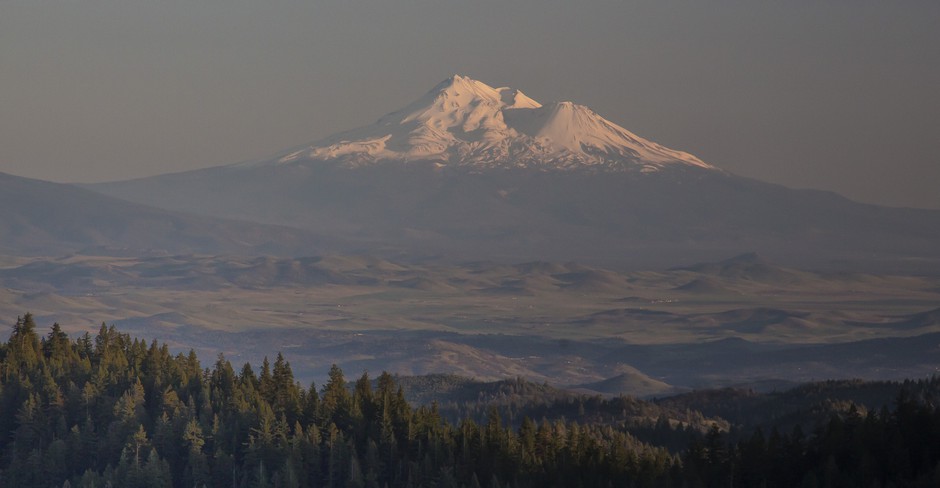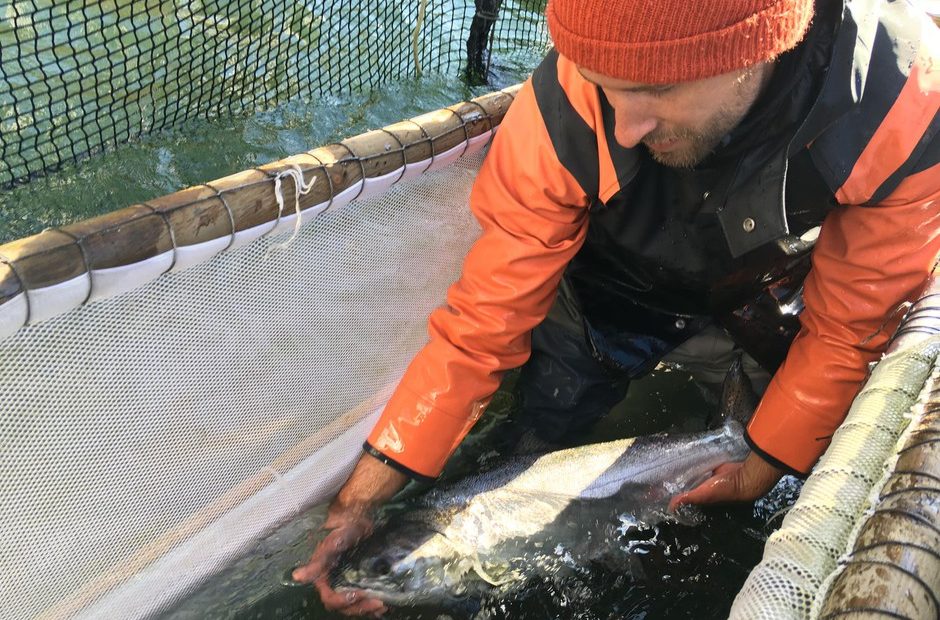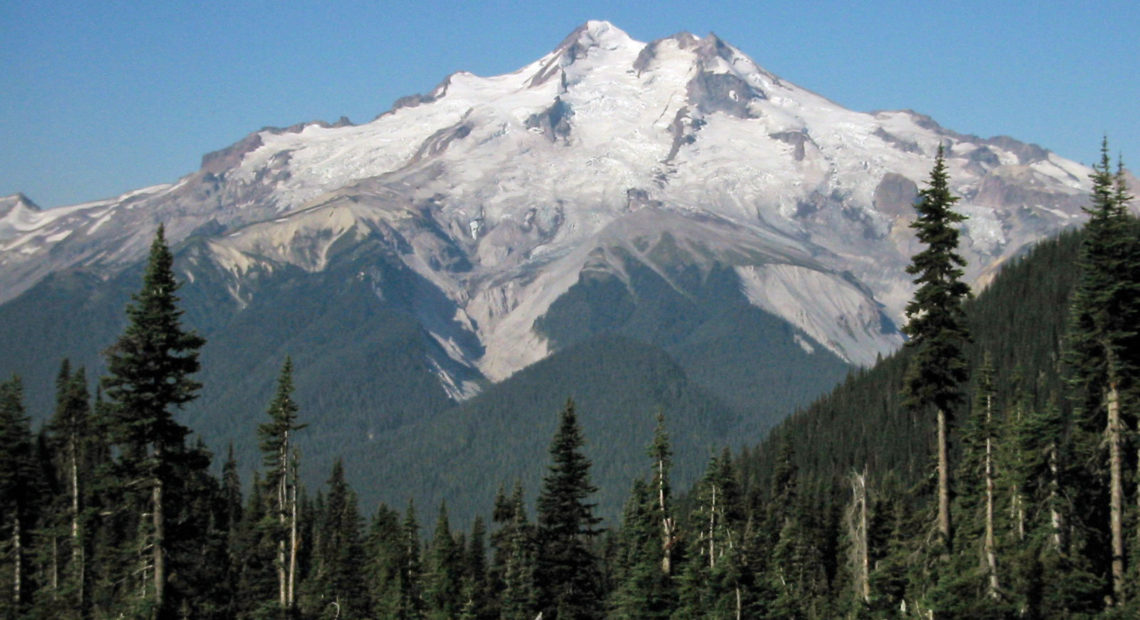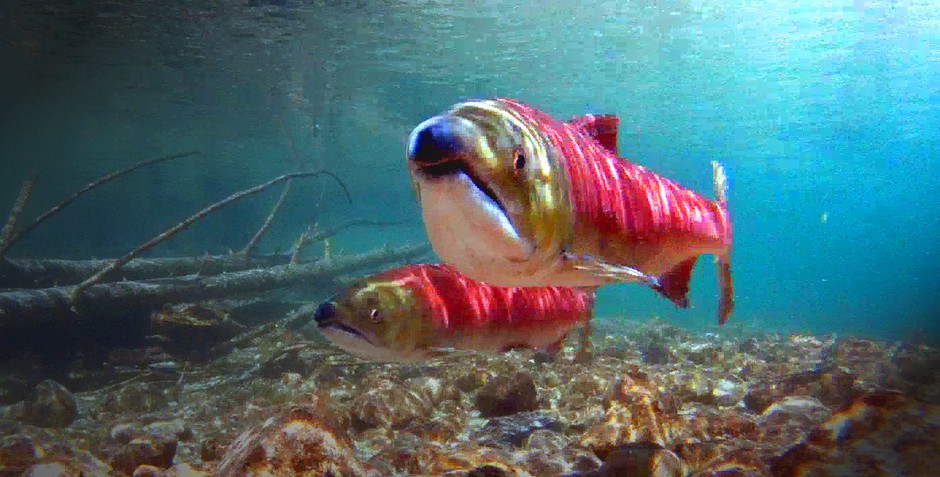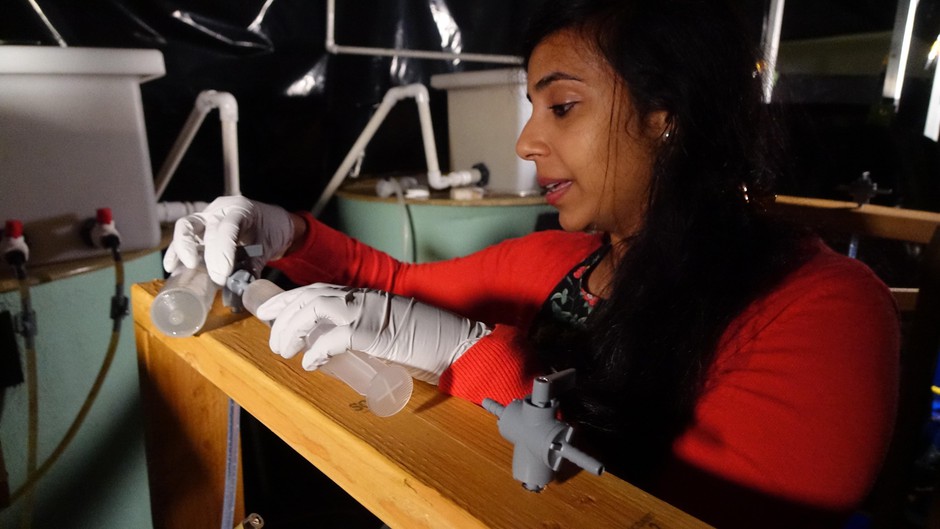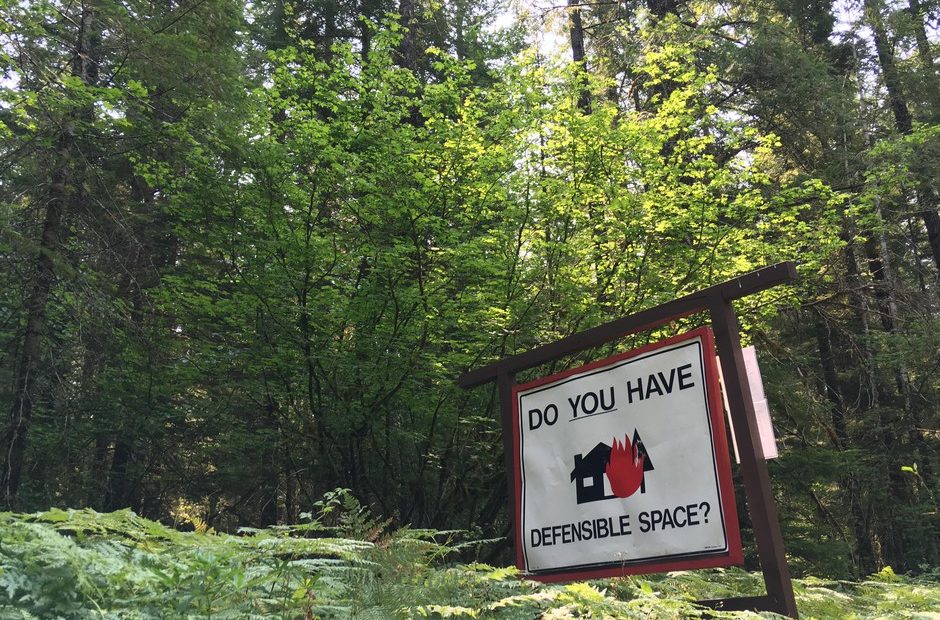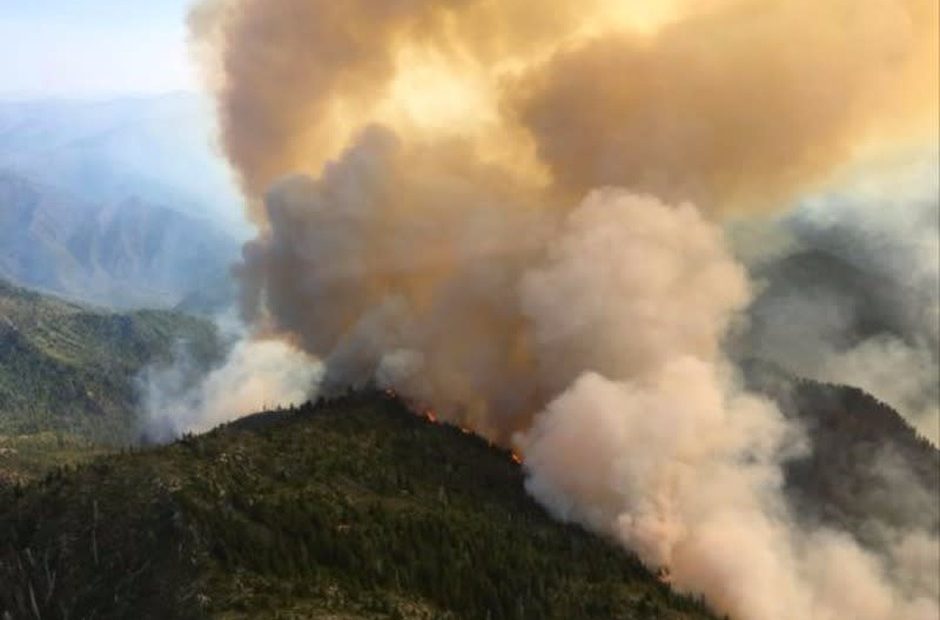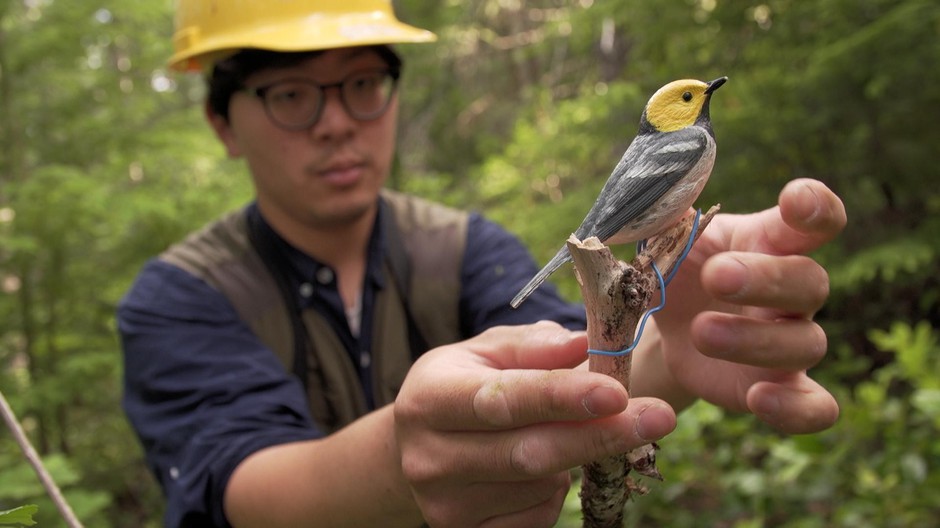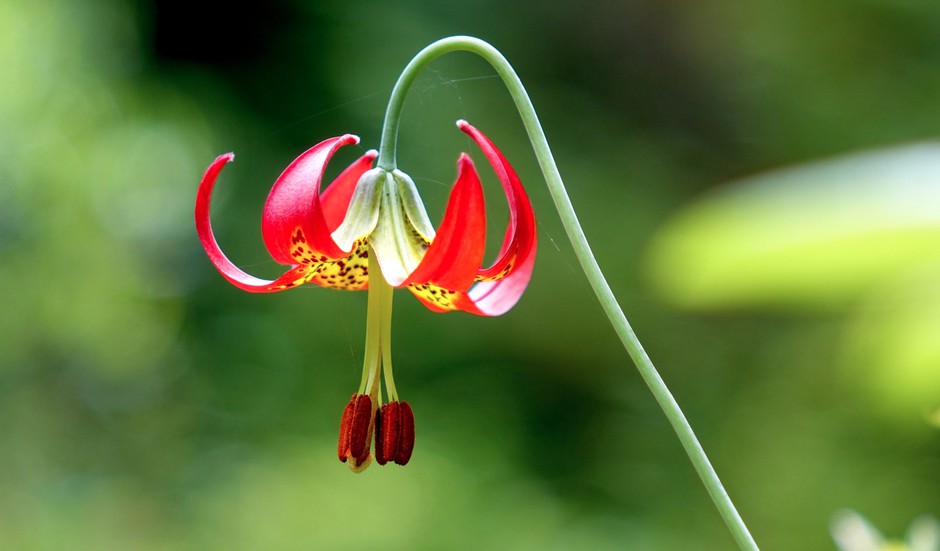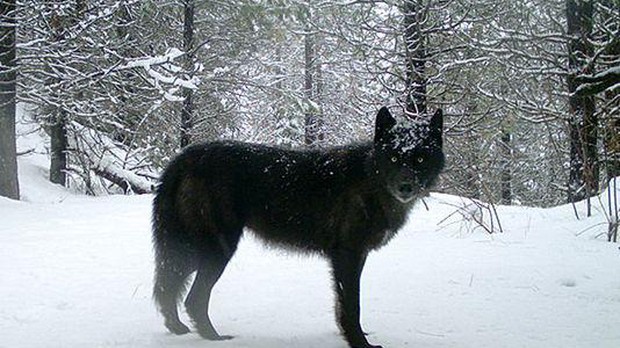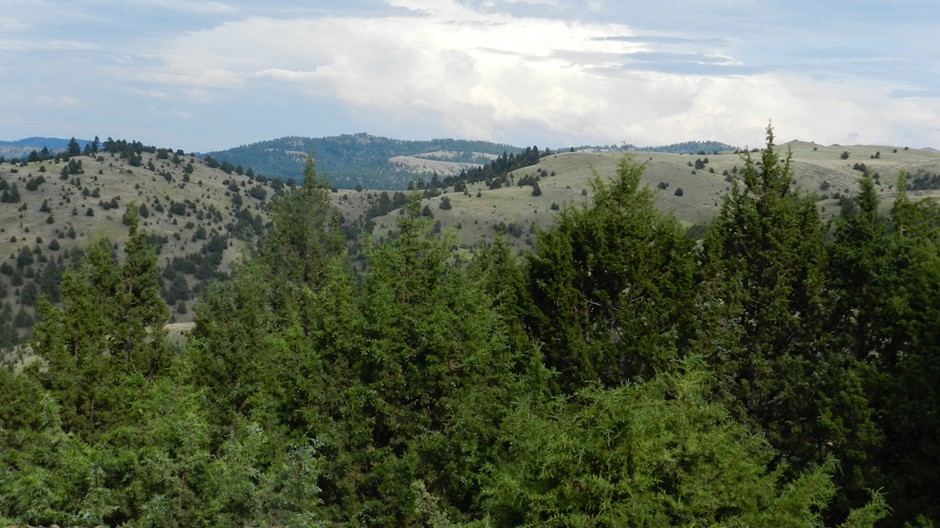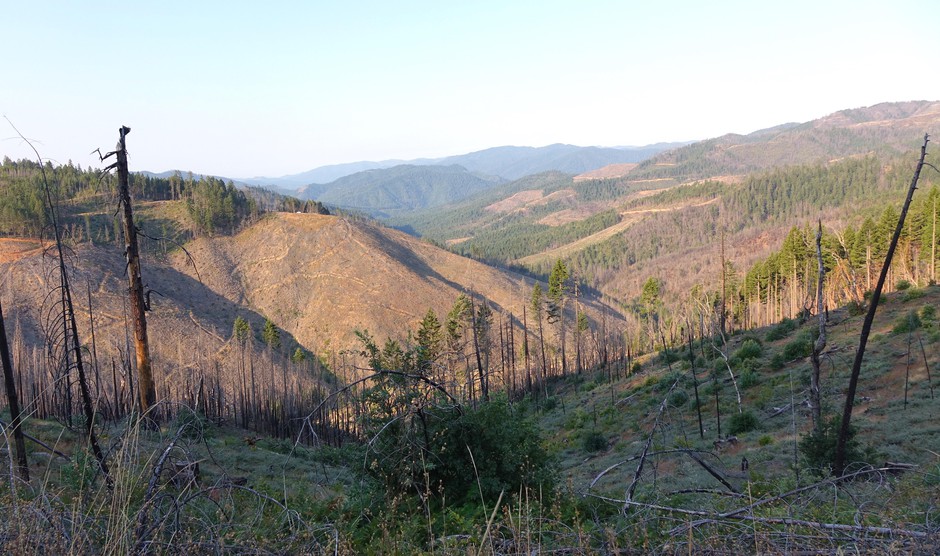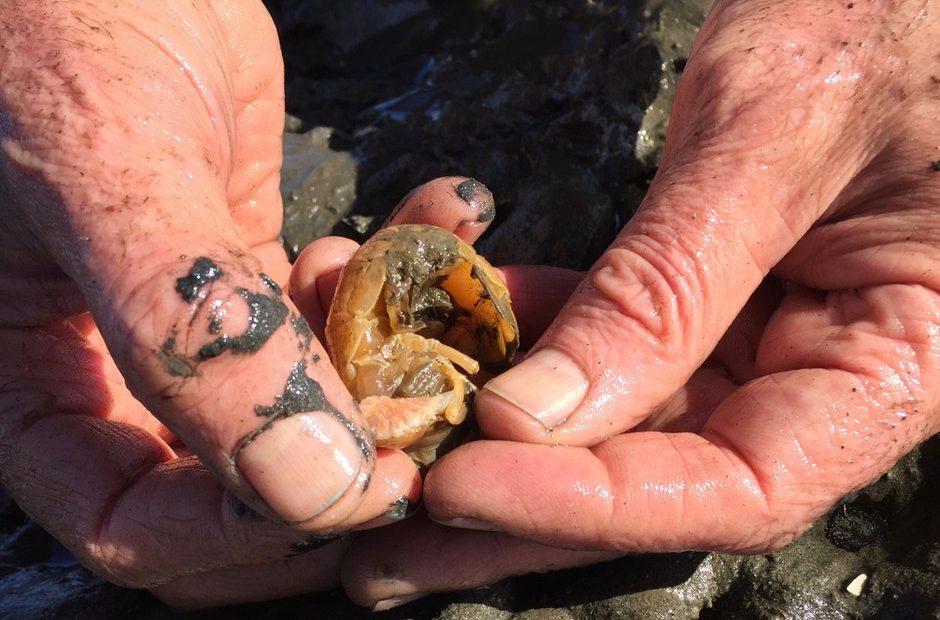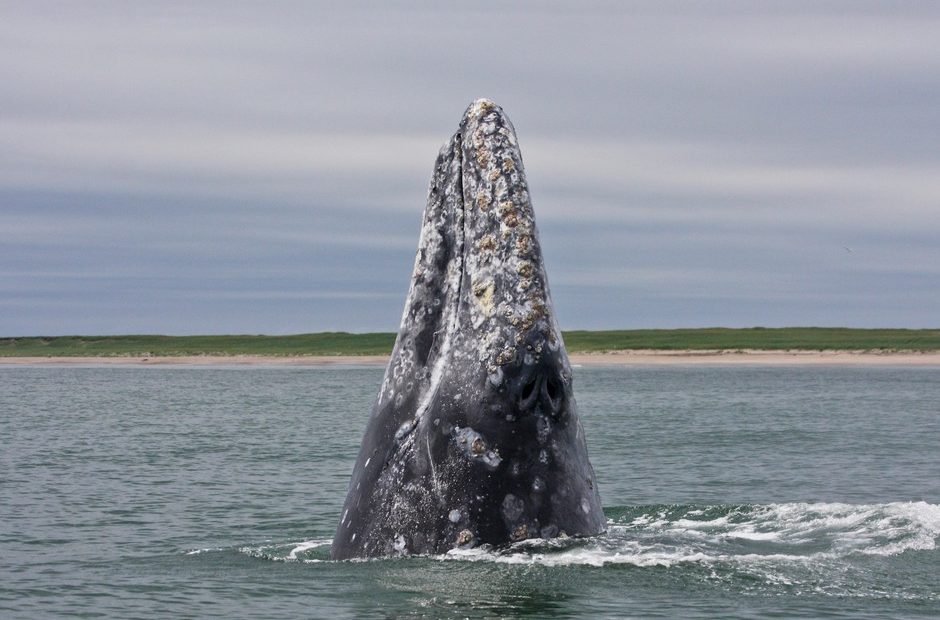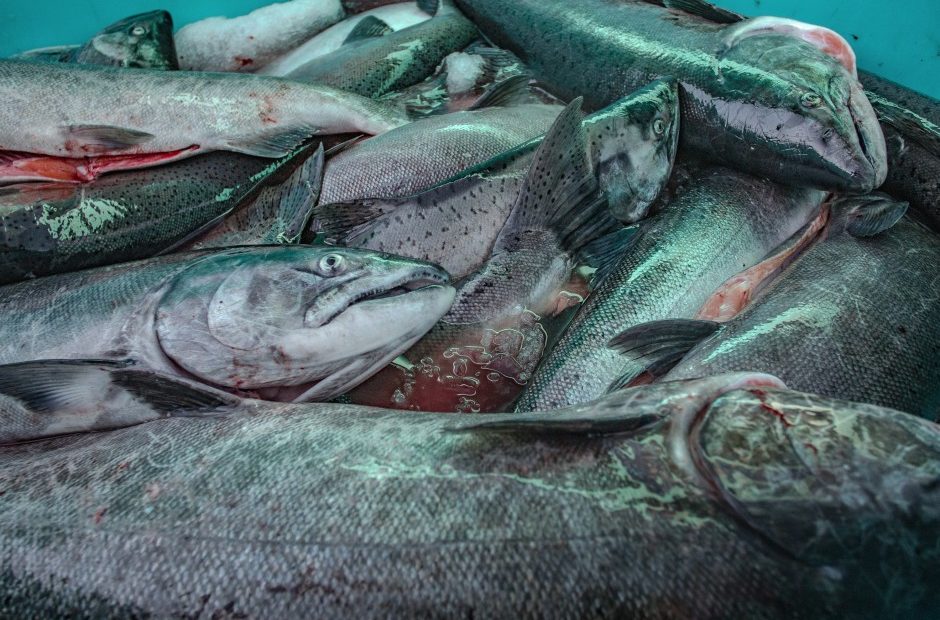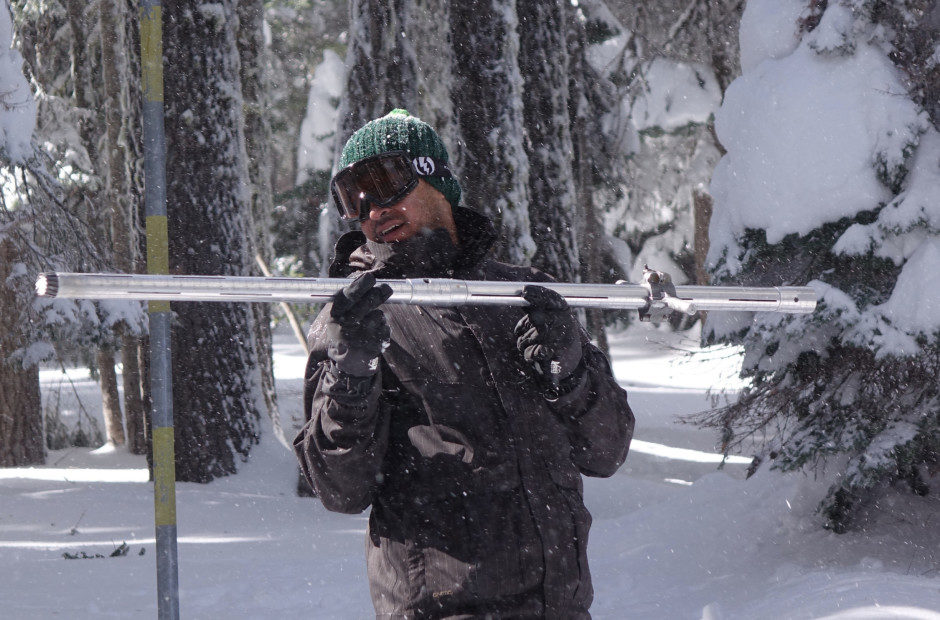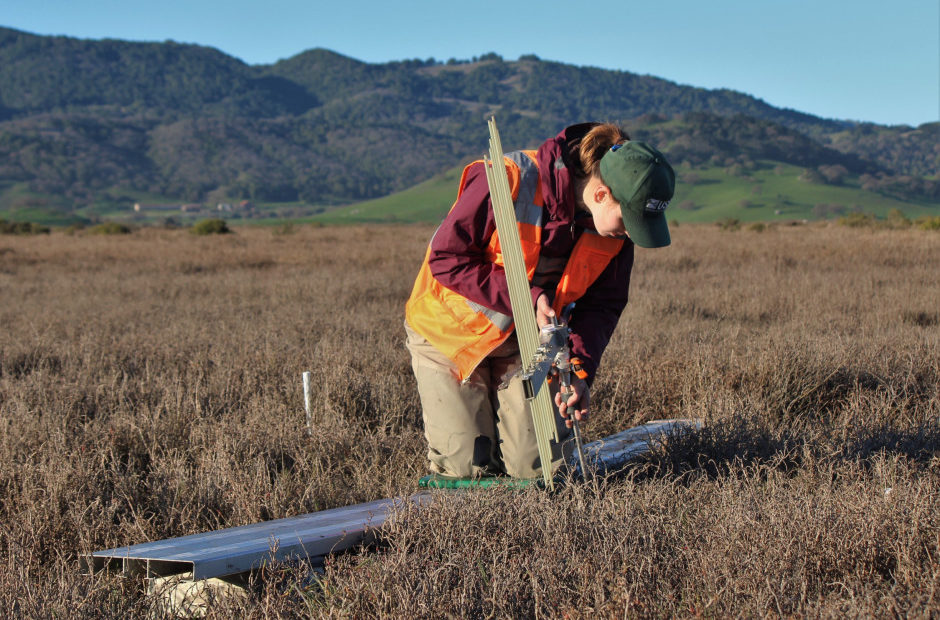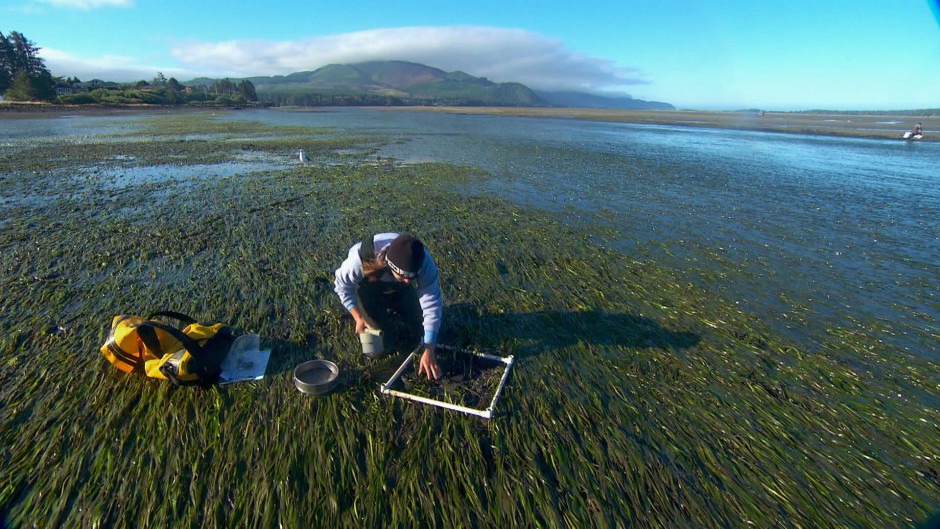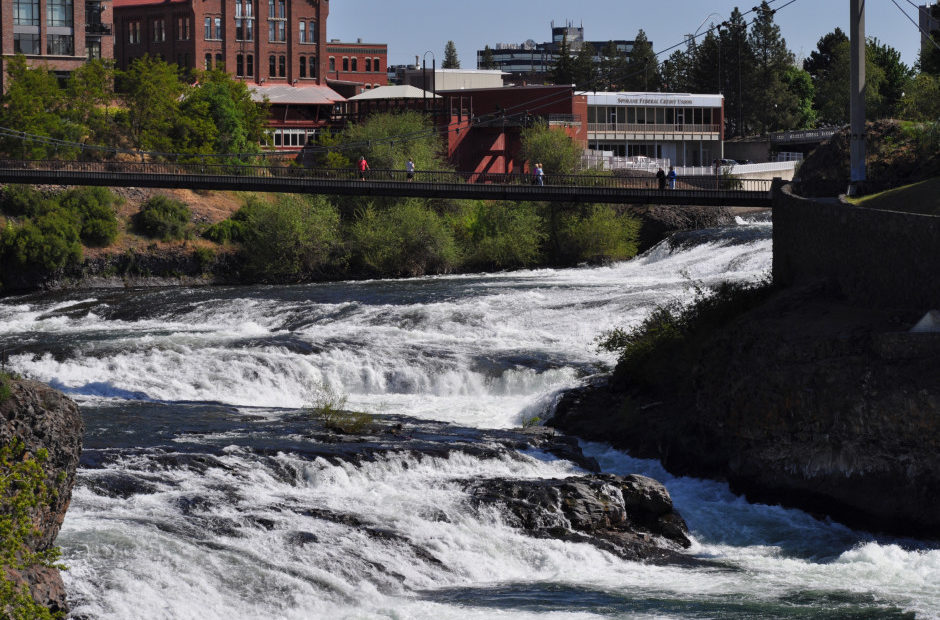New research suggests that a U.S. Forest Service proposal to allow the cutting of larger trees on public lands east of the Cascades in Oregon and Washington will have an outsized impact on forest carbon storage in the Pacific Northwest.Read More
One of the habitat designations is specifically for Southern Resident Killer Whales, which spend about half the year in the Salish Sea north of Seattle. They feed on salmon. There are fewer than 80 of these orcas remaining. Read More
As the climate warms, many U.S. lakes are seeing more algal blooms, low oxygen levels and stressed out fish species. One team in Oregon hopes that pumping oxygen into the water can help.Read More
Recently, there’s been a significant shift in our understanding of salmon genetics. Researchers have found a distinct area in salmon DNA where the spring and fall chinook differ.Read More
The U.S. Forest Service is proposing to reduce the public’s role in shaping the way it applies federal environmental laws to projects on public lands. The agency says the changes would help land managers “make timelier decisions based on high quality, science-based analysis.”Read More
The Trump administration’s announced changes Monday to how the Endangered Species Act will be enforced by federal agencies set off waves of criticism, including vows by several states to challenge the move. Environmental groups also say they may sue to stop the new rules.Read More
A renewable energy project planned off the coast of Newport is taking a step forward. Oregon State University has submitted a final license application for a wave energy testing facility with the Federal Energy Regulatory Commission. If built, it would be the largest of its kind in the U.S.Read More
Over the past few years, Northwest communities have been getting better acquainted with wildfire smoke. But even in the most affected places, people can get some relief by limiting time outside and using air filters and inexpensive masks. These aren’t options for wildland firefighters. Read More
The Trump administration announced Friday it will close two U.S. Forest Service job training centers in Oregon and Washington. The Timber Lake Job Corps Civilian Conservation Center (CCC) in Estacada, Oregon, and the Fort Simcoe CCC near Yakima, Washington, are two of nine facilities nationwide that will close.Read More
The organization that sets limits for commercial, recreational and tribal salmon fisheries in the Pacific Northwest wrapped up their work Tuesday at a meeting in Northern California.Read More
A tool forest managers use to determine the level of fire danger is getting its first update in more than 40 years. The National Fire Danger Rating System uses information like temperature, humidity and wind to let firefighters know how wildfire will behave.Read More
An Oregon wood products company challenged the expansion of the Cascade-Siskiyou National Monument, arguing that President Barack Obama didn’t have the power to give monument protections to Oregon and California Railroad Lands in 2017, just days before leaving office. Read More
About this time every year, the Pacific Northwest gets a report card from the natural world. It comes in the form of salmon run forecasts, and gives us an indication of how healthy the Pacific Ocean and our rivers and streams are. The grades are in, and here’s what you need to know about our scores.Read More
The Natural Resource Management Act includes a little of everything — meant to satisfy public land interests all over the country.
The land-conservation measures have received a lot of attention. But there are other provisions in the bill concerning the Northwest, among them wildfire risk, research and air quality resources, hunting on public lands, water management for Read More
A new study suggests that salmon will not be immune to the effects of ocean acidification. Scientists found that changes to ocean chemistry disrupt a fish’s ability to smell danger in the water.Read More
Apparently, salmon don’t like the smell of watercress. The aroma of shrimp doesn’t pique their interest either. And the fragrance, eu de steelhead? A definite no-go.Read More
Climate change is expected to increase drought and wildfire vulnerability in forests across the West. But new research out of Oregon State University shows that some places will fare better than others. Read More
After wildfire season ends each year, land managers start planning what comes next for the areas that burned. Often, the strategy used to ensure the forests return is to salvage log and then replant. But a recent study suggests that in some areas, it might be just as effective to leave the forest alone.Read More
Increasingly hot and dry summers in Oregon and Washington have started to affect some of our most impressive travelers – the songbirds that migrate thousands of miles to breed here each spring.Read More
Federal lawmakers are making a move to change the Endangered Species Act. On Thursday, members of the U.S. House announced legislation they say will “modernize” one of the country’s seminal environmental laws, originally passed in 1973.Read More
Oregon has adopted new rules to protect farmworkers from pesticides.
The new regulations establish zones around pesticide applications that workers cannot enter. It also allows workers the choice to take shelter in housing or other structures instead of moving away.Read More
The federal government is reviewing the endangered species status of gray wolves in the Lower 48 states — a move that could lead to reduced protections. This includes the western parts of Oregon and Washington, where wolves are considered endangered under U.S. law.Read More
There’s been a push to create a juniper wood products industry to get some of those trees off the landscape. But western juniper processing and sales is still a fledgling industry in the Pacific Northwest.Read More
“The perception for a long time has been that high-biomass forests will burn more severely,” said Harold Zald, forestry researcher at Humboldt State University in Northern California.Read More
Researchers at Oregon State University have worked out a way to detect and identify whales long after they move on — just by sampling the water.Read More
Washington regulators have tentatively denied a controversial request by shellfish growers to poison burrowing shrimp that damage commercial oyster beds. Growers say controlling the shrimp is vital to the shellfish industry in Willapa Bay and Grays Harbor.Read More
Gray whale sightings are up on the Oregon and Washington coast in recent weeks.Read More
Ocean conditions off the Pacific Northwest seem to be returning to normal after a three-year spike in water temperature. It’s promising long-term news for fishermen who are looking ahead in the short term to yet another year of low salmon returns.Read More
Most of Washington has had above average snow this winter, but the situation gets more dicey the farther south you travel. About half of Oregon is experiencing moderate drought already, and it looks like the Klamath Basin is once again going to be a focal point of water conflict in the West.Read More
Over the next century, sea level rise is expected to wreak havoc on the U.S. coastlines – and a new analysis shows that the Northwest is not immune. Nearly all coastal wetlands in Oregon, Washington and California will be swamped at the highest predicted sea level change.Read More
The oceans off Oregon and Washington are ground zero for acidification, and Northwest scientists are working on new ways to adapt.Read More
Oregon is suing the agro-chemical company Monsanto to help clean up toxic chemicals in the environment. The Attorney General’s Office filed suit last week in Multnomah County Circuit Court.Read More

